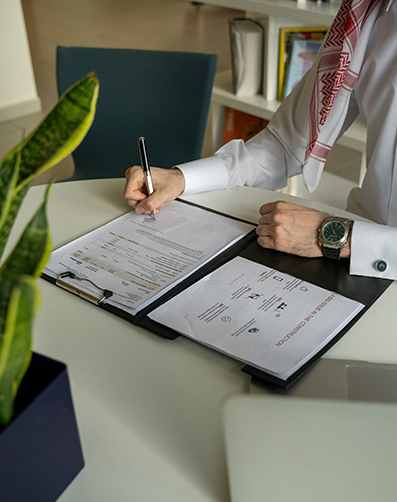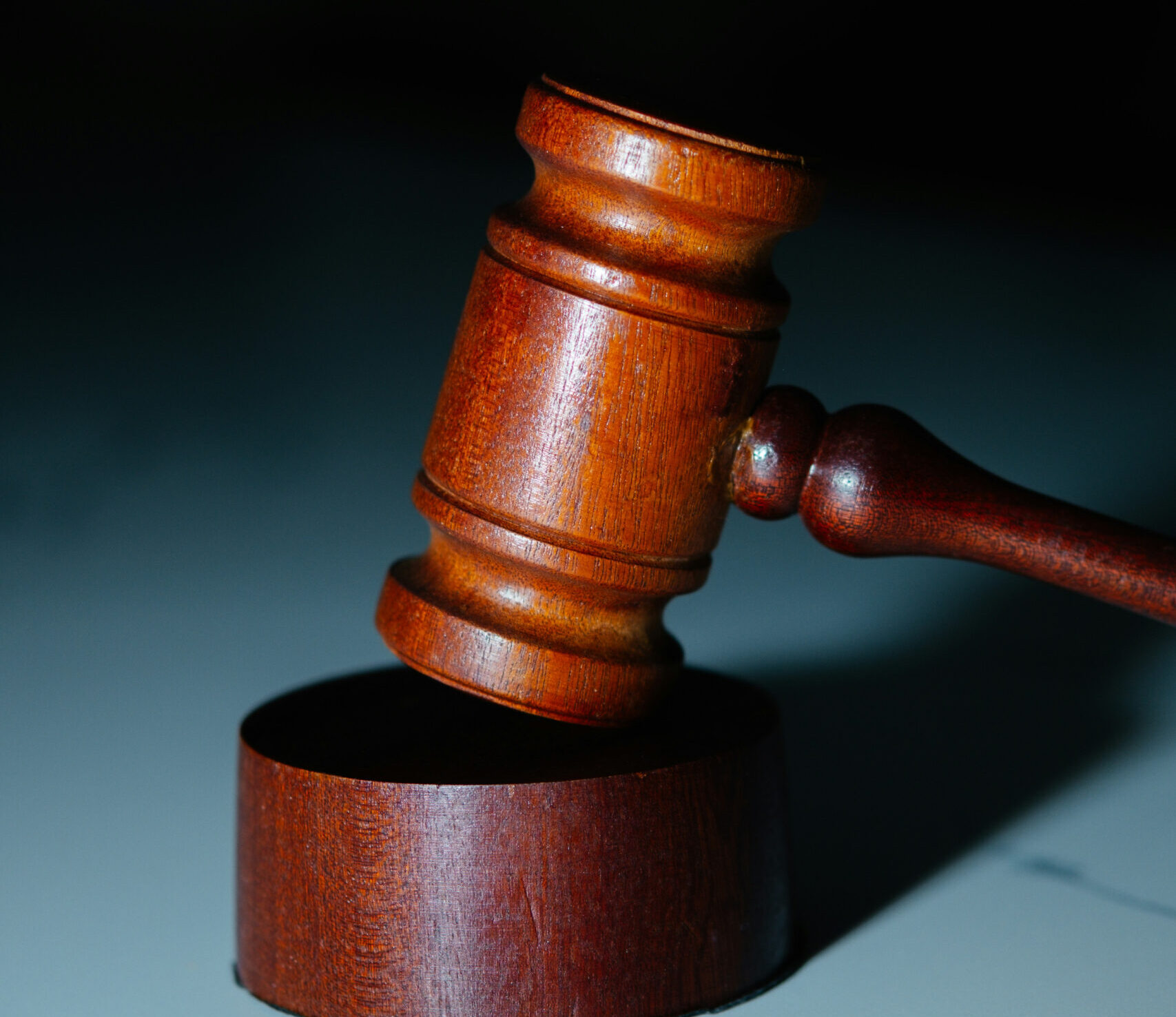Attending an inquest as a medical professional

As a medical professional
What to expect before an inquest
If the death of patient in your medical care is reported to the Coroner you may be requested to provide documentation to assist their investigations.
It is a legal requirement to provide requested documentation – questions of patient confidentiality and GDPR in relation to deceased are modified. Requested documentation can include:
- Patient medical records and charts
- A medical report
Requested documentation should be provided soon after it is requested. This is to allow the coroner’s investigation to proceed in a timely manner. Requested document should be provided in full without redactions or omissions.
Writing a report for the coroner
The coroner may request a medical report soon after the death of a patient, or at a later date as the need arises. The early provision of a medical report is often needed so that it may be read in conjunction with the results of a post mortem examination.
A medical report is crucial to assist the Coroner to determine the cause of death and to decide if further investigation is needed in the form of an inquest hearing.
If an inquest is held, it is important to note that an inquest is a fact-finding inquiry and not a trial. An inquest does not address questions of civil or criminal liability.
As the provision of medical documentation requested by the Coroner is a legal requirement, no fee is payable for providing a medical report.
While your report should be comprehensive, outlining your clinical involvement, a full copy of the deceased’s medical file, hospital notes etc. may be referred to depending on the circumstances.
You should bring a copy of your report and any other medical notes with you if you are required to attend at an inquest.
The provision of a report to a coroner is the basis of the evidence of the witness and will be shared with other interested persons and placed on the public record. It will be referred to as a deposition at the inquest.


What to expect on the day of the Inquest
A medical professional must attend an inquest if requested to do so by the Coroner. In normal circumstances, a formal Witness Summons will not be issued. A medical professional usually informs their consultant about the request to attend as a witness to an inquest hearing.
The inquest team will notify you at least two weeks’ before the date of the inquest hearing.
The report previously provided to the coroner will be the basis of your evidence. It will be referred to as a deposition in court. The medical witness usually reads the deposition when they are called and then addresses any questions from the coroner or legal representatives. For any other questions you may relating to your attending an inquest, you can contact us using the Inquest File/Information Request form.

Attending an inquest as a legal representative
Legal representatives, usually solicitors, have an important role in guiding their client through the inquest process.

Attending an inquest as a family member
Finding out that the death of a loved one needs an inquest, and attending a public inquest hearing, can be distressing for the family and friends of the deceased.

Attending an inquest as a media professional
An inquest is an open hearing and members of the public, including the media, may attend.

